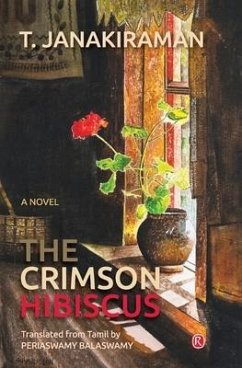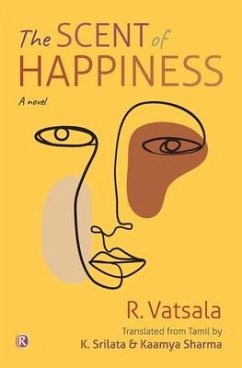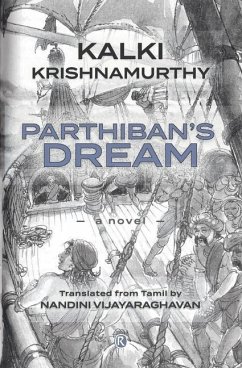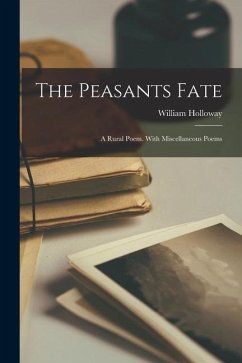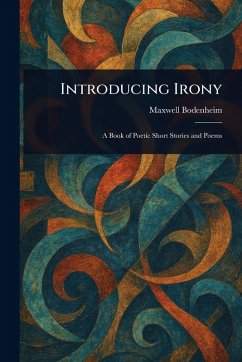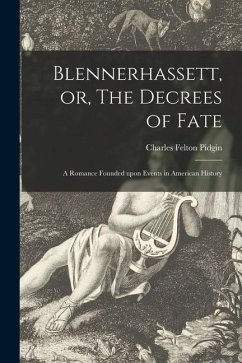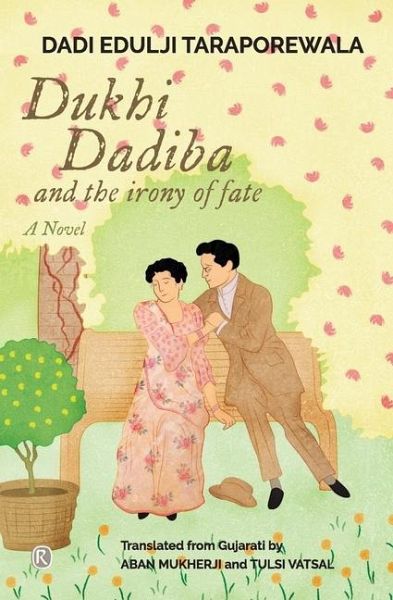
Dukhi Dadiba and the irony of fate: Novel
Versandkostenfrei!
Versandfertig in über 4 Wochen
16,99 €
inkl. MwSt.

PAYBACK Punkte
8 °P sammeln!
Dukhi Dadiba is a tragic love story written in an easy, colourful style. It centres around the missing heir of a very wealthy and socially prominent Parsi family, and the difficult choice the heroine has to make, whether to marry for money or love. It brings alive the lifestyle of upperclass Parsi society in late nineteenth century Mumbai, and the dilemmas they faced at a time when they were becoming increasingly westernized. Taraporewala's vividly drawn characters, his true-to-life dialogues, the twists and turns of an often improbable plot, keep the readers riveted. There is a pompous social...
Dukhi Dadiba is a tragic love story written in an easy, colourful style. It centres around the missing heir of a very wealthy and socially prominent Parsi family, and the difficult choice the heroine has to make, whether to marry for money or love. It brings alive the lifestyle of upperclass Parsi society in late nineteenth century Mumbai, and the dilemmas they faced at a time when they were becoming increasingly westernized. Taraporewala's vividly drawn characters, his true-to-life dialogues, the twists and turns of an often improbable plot, keep the readers riveted. There is a pompous social climber, Darashah Davar; his beautiful but fickle daughter, Pareen; her handsome and virtuous music teacher, Dadiba; the wealthy but weak heir to the Bahadurshah estate, Jehangir; and last but not least, Jehangir's mother Ratanmai who, uncharacteristically for a woman of her time, chooses truth and justice over and above her deep feelings for her son. These characters come to life even more vividly through the evocative illustrations of the famous artist M.V. Dhurandhar.



